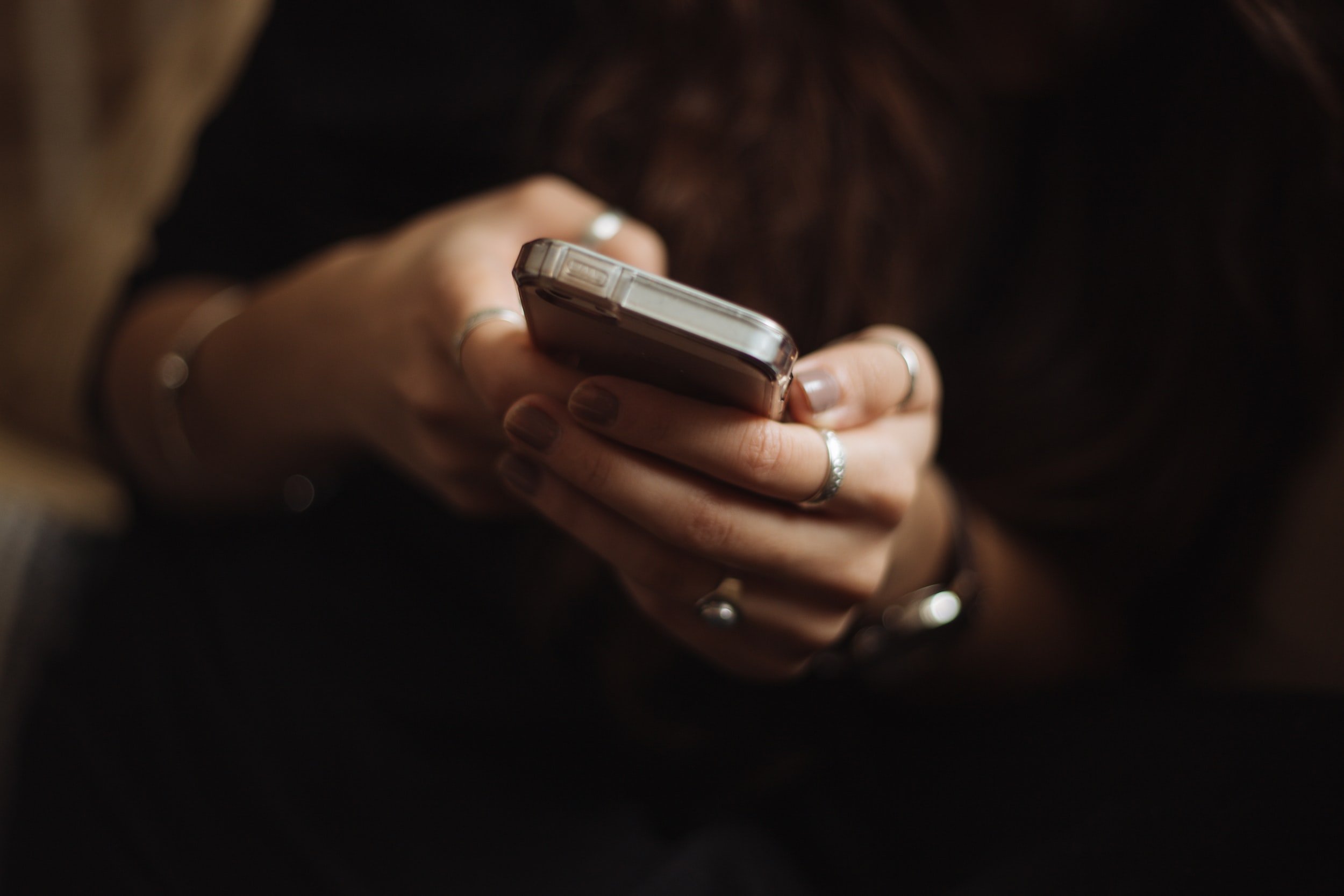BRANDS AND CLAPBACK CULTURE
Gone are the days of a non-engaging brand. The flip side of the brand engagement questions is when does a brand’s personality go too far? When does humor cross the line into petty? Enter clapback culture.
BRANDS BEING SAVAGE
There’s no shortage of brands being “savage AF” on Twitter or delivering a clapback so pointed it deserves a trip to the burn unit. While it’s funny in some ways to see brands humanize, empathize and poke fun at their own gaffs, the rise of clapback culture has left many brands void of any shred of professionalism that they were holding onto (looking at you, Wendy’s).
At it’s core, a clapback is a virtue signal. A funny take-down of a (usually) sensitive issue, but also a way to show that you’re woke to the issue or above the mistake that someone else made. It lets everyone know how good you are by putting down the “bad” response. And pop culture applauds this. Dozens of articles crowd my newsfeed from R29 and Buzzfeed with the latest take-down of a celebrity or brand. And that’s not to say that clapbacks and pointed responses don’t have a place, but does it belong as a part of a brand’s essence? I’m not so sure. Is it enough for a brand to be savage AF? Is it enough to be funny? Will humor win market share or does this embrace of clapback culture actually erode brand value? In embracing the crude and ~mildly~ petty nature of clapbacks, do brands diminish their long-term value and undo what PR professionals spent decades building? Perhaps only time will tell, but my inclination is to say yes.
Look at the brands that are embracing this approach and we may see more commonalities. They’re not highly rated on the NPS or customer happiness index. They are not luxury or prestige brands by and large. They’re not brands rated highly for quality, experience or service. Largely (IMHO) they’re budget brands who seem committed to cheapening their own value. Back to Wendy’s on this for a proof point–when Cosmo call you a Twitter troll, you know you’ve stepped into uncharted waters as a brand. Is it right that a brand trolls a real human being so hard they deactivate their Twitter account?
WHAT ABOUT PEOPLE AS BRANDS?
However, let’s distinguish for a moment the difference between a personal brand, such as the actual Queen of Twitter Chrissy Teigen, and one of a corporate operation such as Wendy’s. The person is their brand. They communicate, dress, act and endorse things in a way that is true to them (and that their publicist recommends, let’s just be honest). But a brand? That is a carefully manicured presence just personable enough to be accessible to consumers, but not so mainstream as to be childish. Clapbacks feel out of place because the communication element that they embrace has previously been reserved for people and not brands. Brands-as-judges is still an emerging concept, and one that has yest to be tested for wide public tolerance.
But back to virtue signals for a moment for some final parting questions. Should a brand even put itself in a place to take down its consumers with a clapback? Can a brand be more moral a person?
I’d love your thoughts on this. Find me on Twitter @vandernickr.

